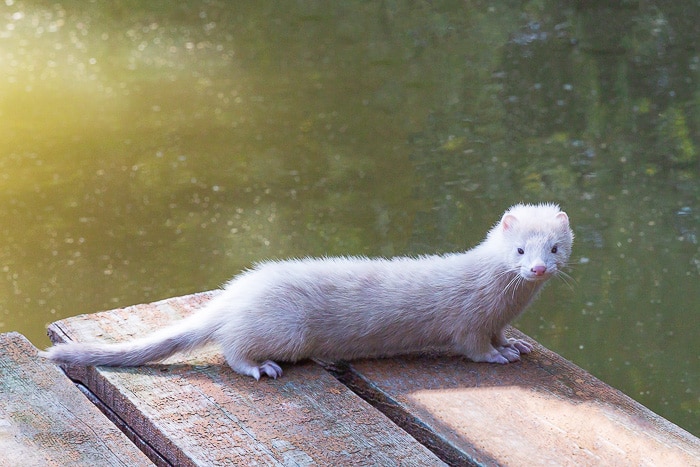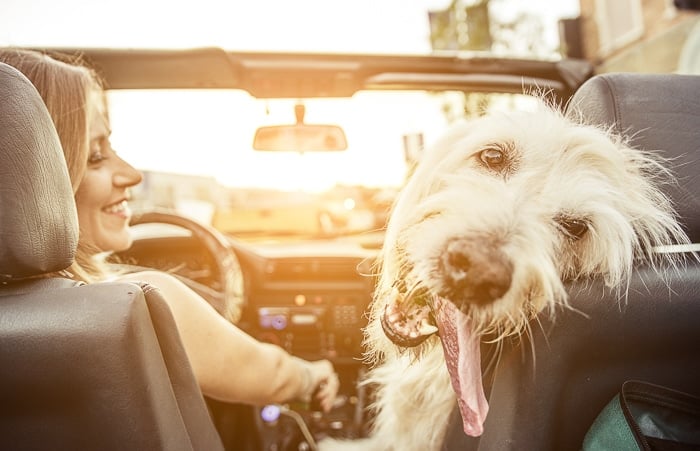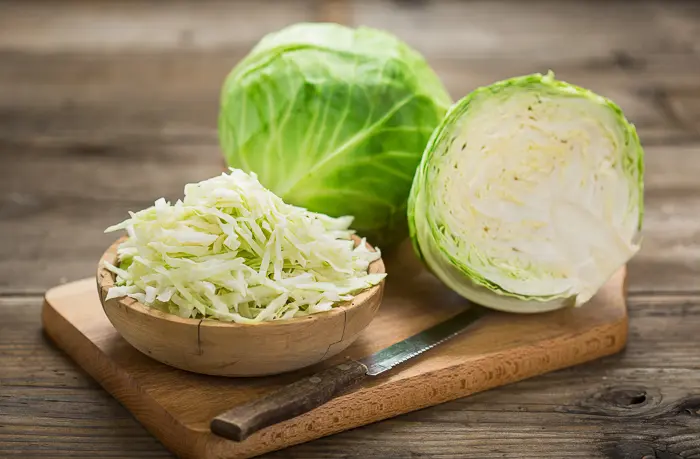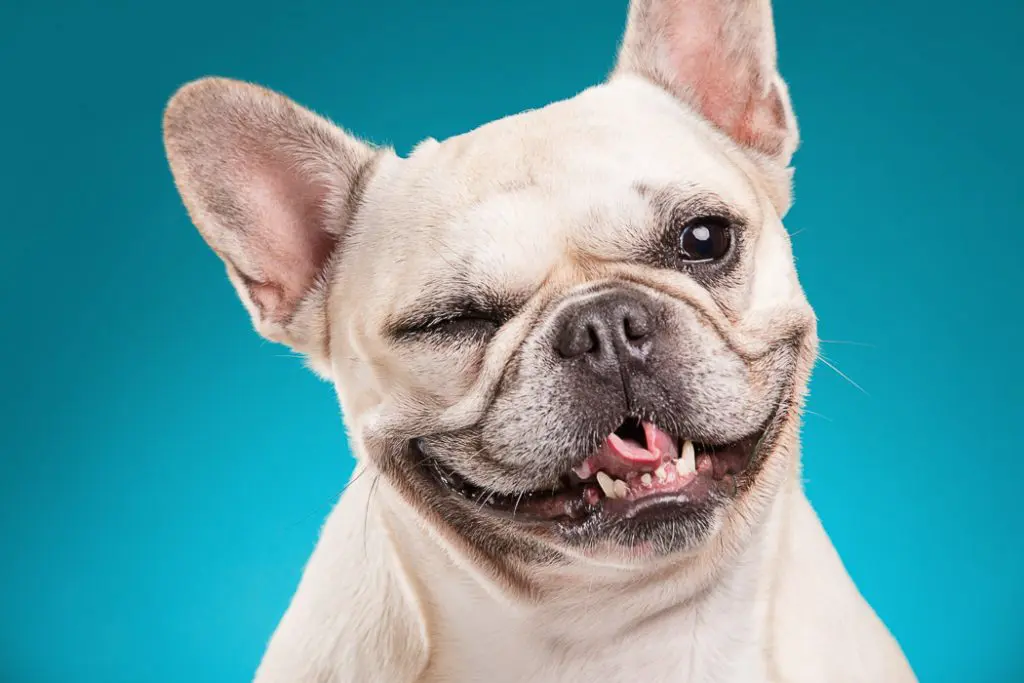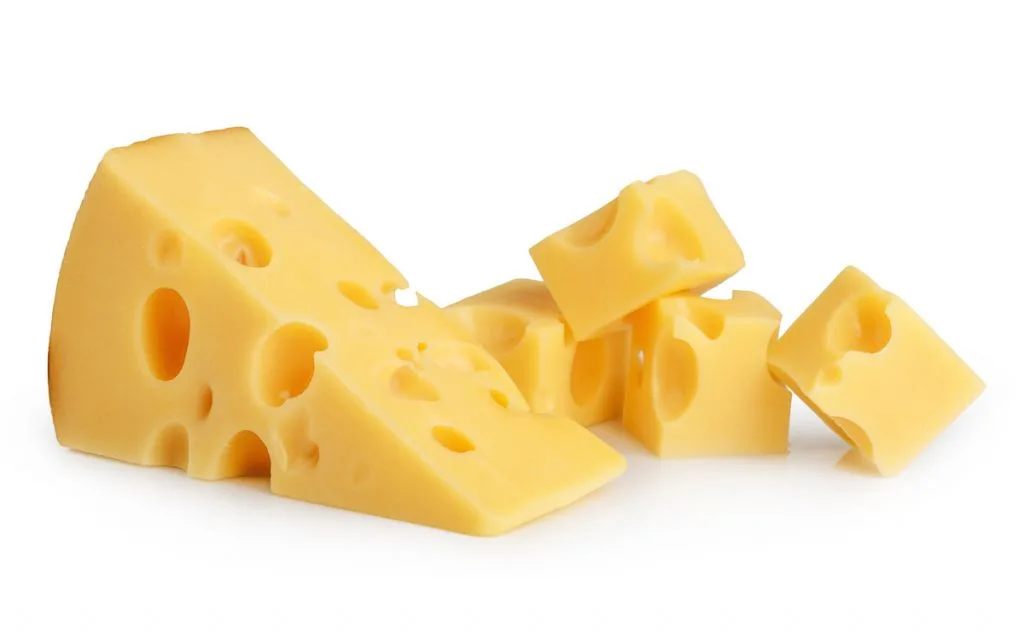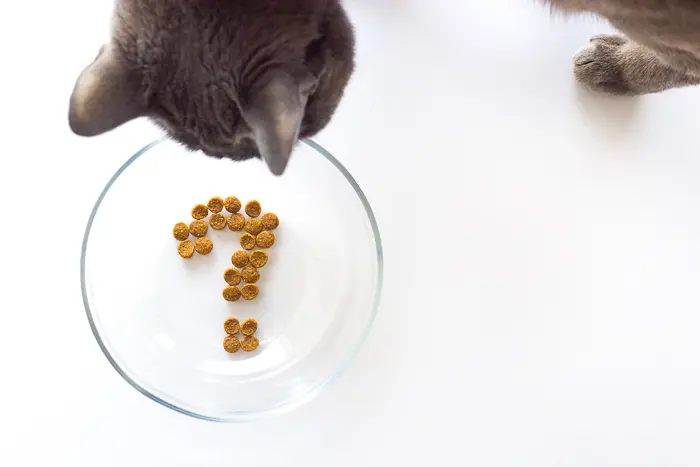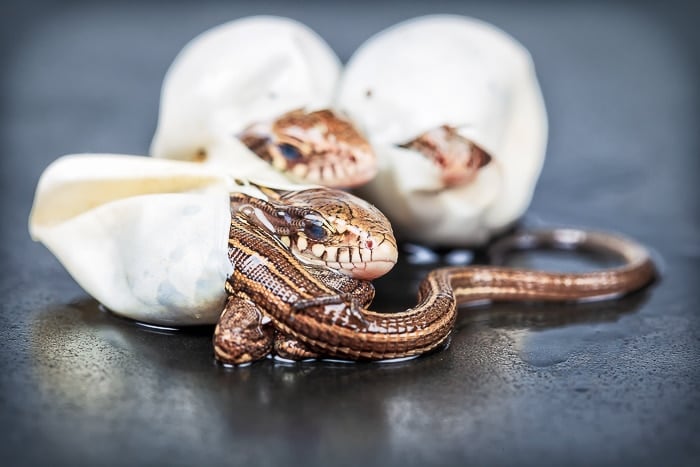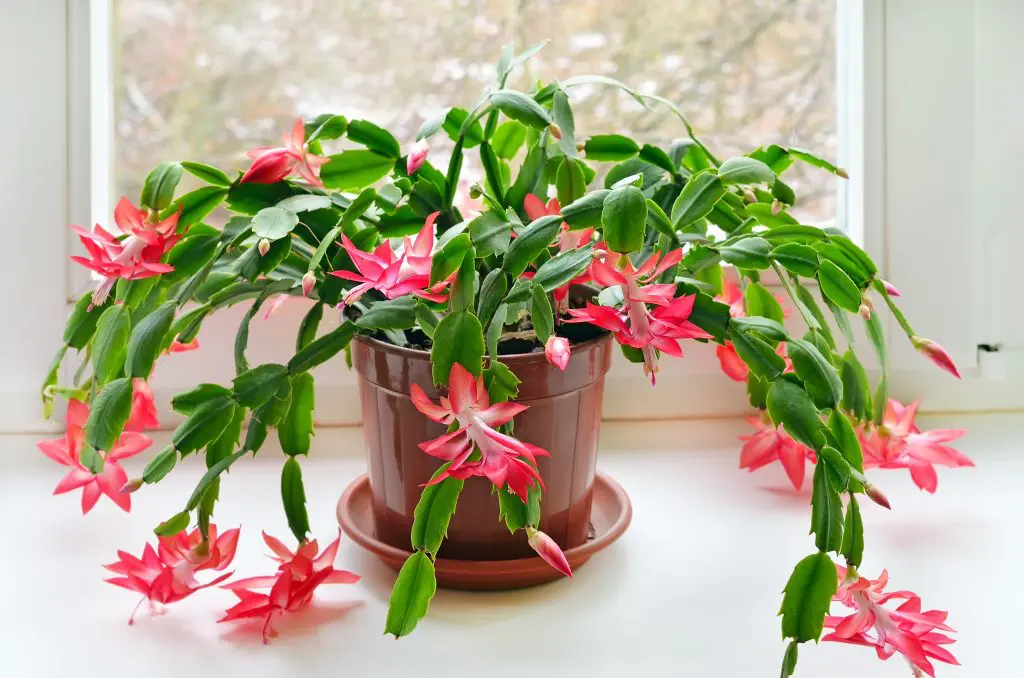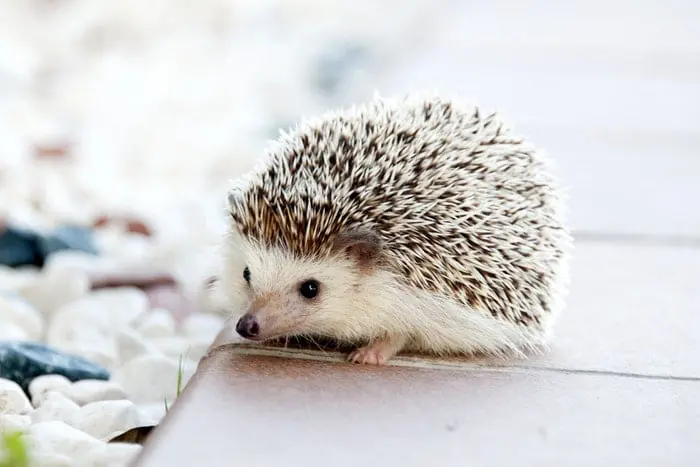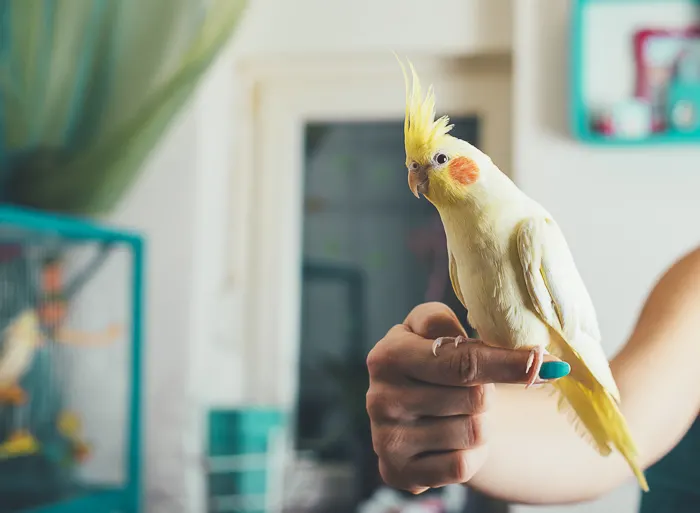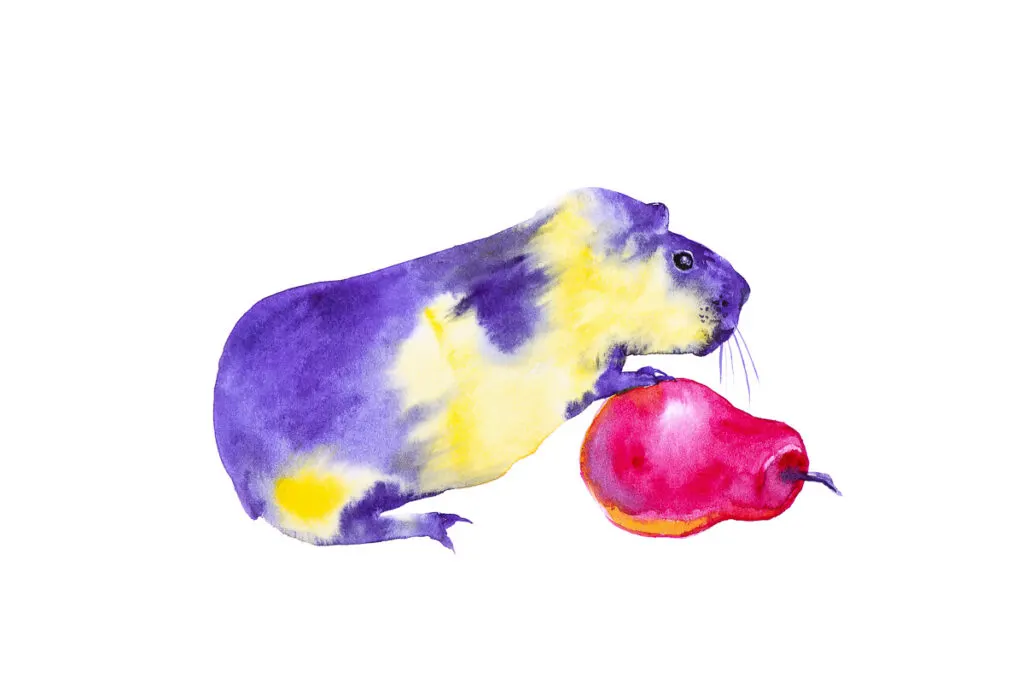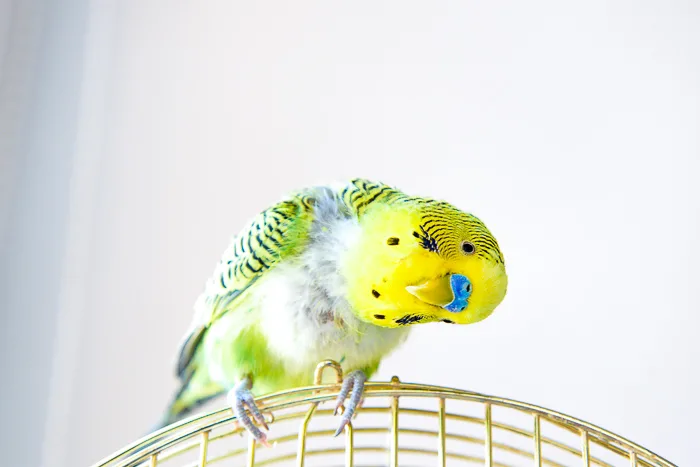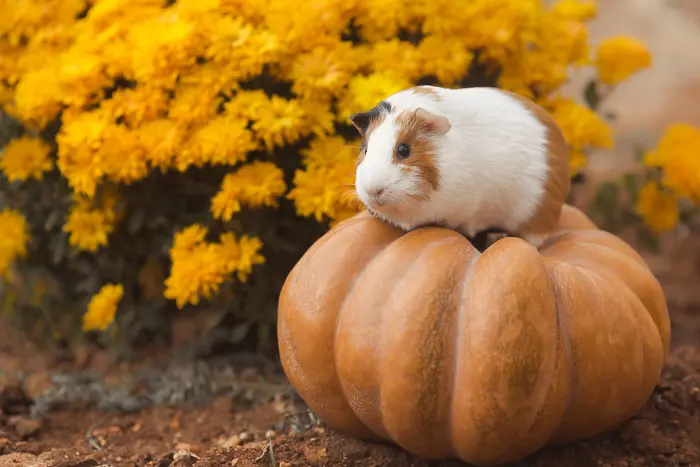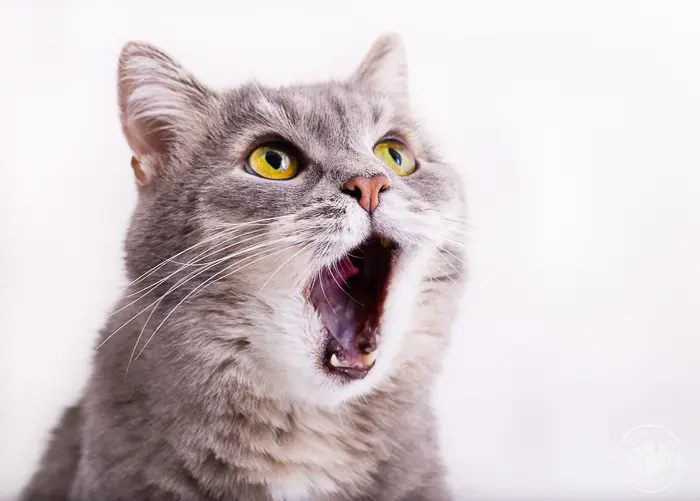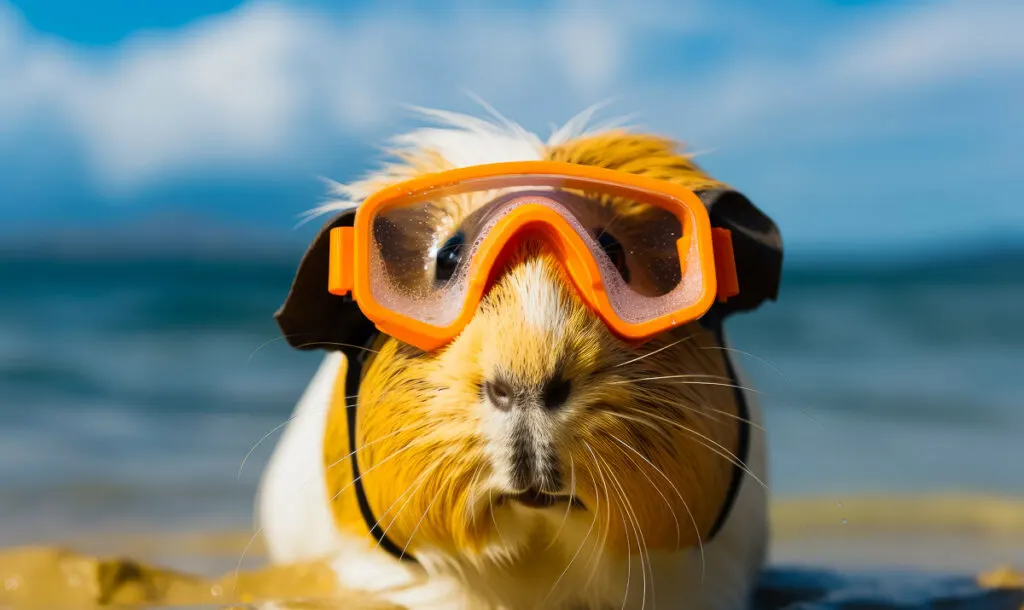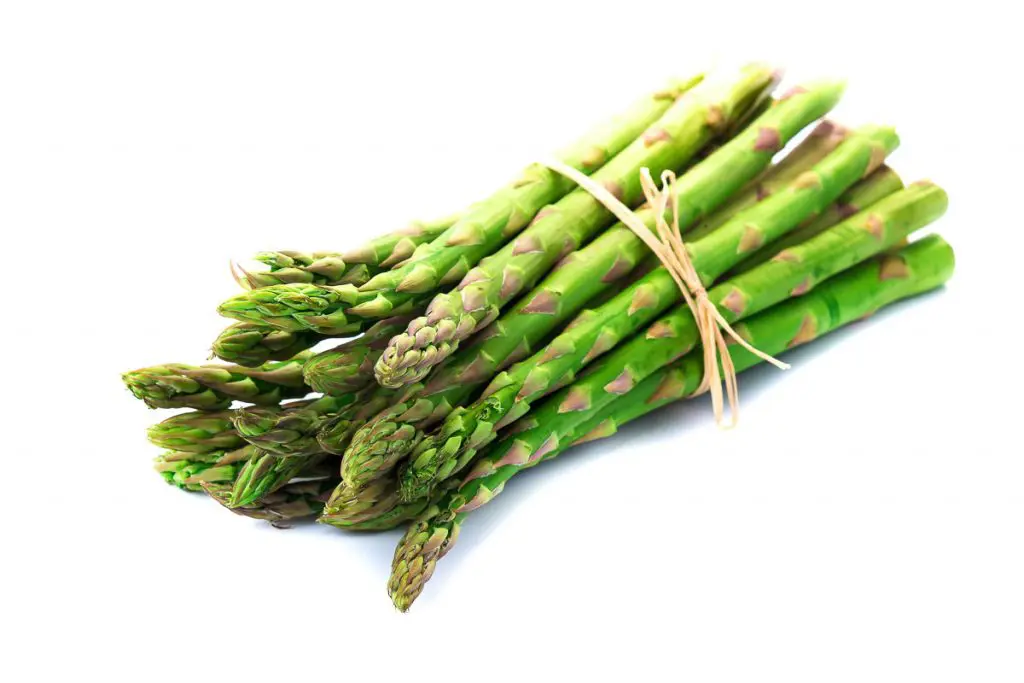Poop is a big stinky issue and diarrhea is even stinkier! Your pet's stool can tell you so much about your bearded dragon's health. Dr. Jess breaks down everything you need to know about Bearded Dragon Diarrhea and why you should be concerned.
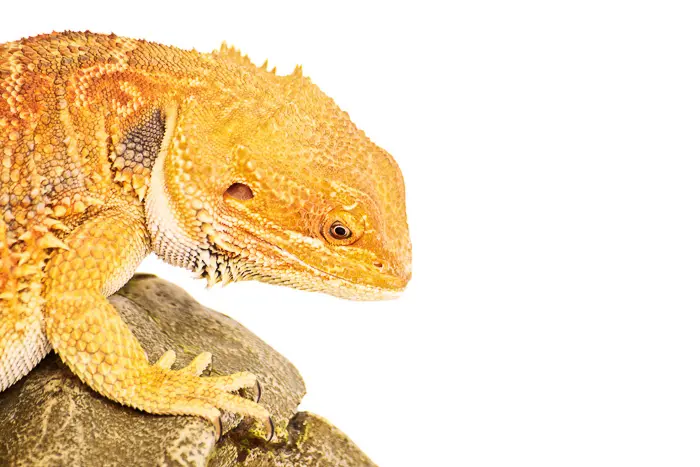
Do Lizards Poop?
Lizards of many different types have a structure called the cloaca, which serves as a central collecting chamber for the digestive, urinary, and reproductive systems of the lizards.
Most reptiles expel a combination of feces and urinary wastes at the same time through the same gateway, a body part called the cloaca.
When your lizard makes feces, urine, or eggs, they are passed into the cloaca first before being released into the outside world, all through one single orifice.
Essentially, bearded dragon poop is very similar to bird poop. This shouldn't come to any surprise because of the close evolutionary relationship between birds and reptiles!
Bearded dragon poop normally contains two distinct parts – one that is fairly solid and brown or black colored, and another part, white and paste-like or chalky.
The brown portion represents the beardie's feces, and it is produced in the same basic manner that mammals produce their feces.
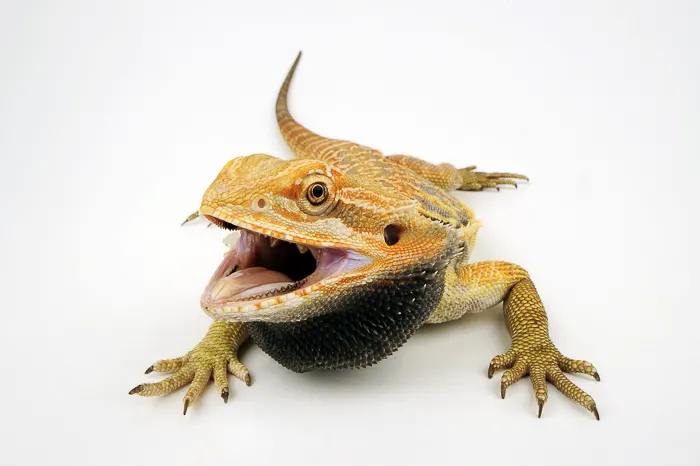
What Does Normal Bearded Dragon Poop Look Like?
The most common and “normal” bowel movement type in bearded dragons will be brown and white. The brown section of the waste will be log-shaped.
The brown part of bearded dragon poop and the white part of the bearded dragon's poop has a soft-firm consistency.
Too soft or runny or rock-hard fecal material is not normal for a healthy bearded dragon.
A healthy beardie poop should be formed with a distinct white part on the end or toward one if the sides or ends.
The white color is the urate, or what represents their “urine” – the waste product from your beardie’s kidneys. (Bearded dragons don’t pee, so urates come out with their poop, very similar to a bird.)
How Often Do Bearded Dragons Poop?
The frequency at which your bearded dragon poops will depend on multiple factors, such as their diet and the amount of food it receives.
A bearded dragon that eats mostly meat on a daily base will defecate almost every day, whereas bearded dragons that eat mostly greens typically won't have a bowel movement that often when their digestive system is functioning normally.
If your bearded dragon is experiencing diarrhea however, they may be eliminating much more frequently!
A baby or juvenile bearded dragon will most likely poop daily or even more than once a day, up to multiple times per day.
Older dragons, such as adult bearded dragons, will likely poop much less frequently, possibly once a day or even one a week or so.
You must pay close attention to your beardies and their regular habits in order to figure out what is a normal defecation frequency for your pet.
Over time, you will see what is your pet's “normal.”
Factors that can impact frequency of defecation:
- Age
- Diet
- Hydration status (dehydrated or overly-hydrated)
- Environment or bearded dragon tank
- Illness/Disease
- Stress
- Brumation (bearded dragon's version of hibernation)
Find out how long bearded dragons can without food too!
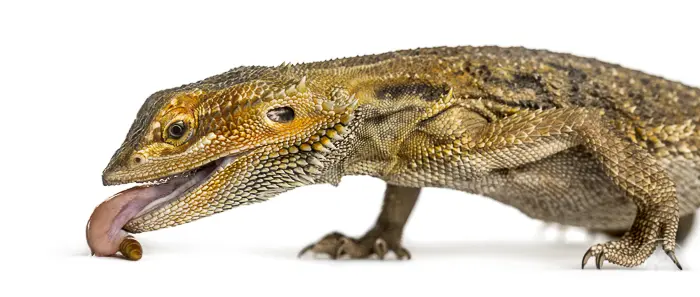
Bearded Dragon Diarrhea – Signs & Symptoms:
There are many visual and consistency-related cues to help one recognize that there may be a problem with your bearded dragon's poop.
1. Soft Runny Poop, AKA Diarrhea:
The most common reasons for loose or runny feces, AKA diarrhea, is due to their diet or parasites.
There main parasites that affect bearded dragons are pinworms, coccidia, nematodes, Protozoa, and giardia.
All of these are diagnosed by a fecal test that can be performed at your veterinarian's office on exam.
As a fair warning – most bearded dragons have some amount of coccidia and/or pinworms and are asymptomatic (they don't show any signs or symptoms of health issues).
Many veterinarians prefer not to treat for parasites unless there is a problem (like diarrhea or weight loss) with the lizard. Your vet may have a different opinion.
Runny loose stool needs to be treated as soon as possible since diarrhea can severely dehydrate your pet.
2. Behavioral Changes:
Many times, your bearded dragon will not feel the best when they are experiencing diarrhea, just like you may not feel on top of your game when you have an upset digestive system.
Some common signs that your pet may not be feeling well include lethargy, weakness, inappetence or anorexia, hiding, increased sleeping or napping, acting irritable or uncomfortable, etc.
3. Blood in Your Bearded Dragon’s Poop:
Blood in your lizard's stool can be upsetting and should be addressed by your veterinarian.
4. Abnormally Foul-Smelling Feces:
Poop stinks.
Stinky smelly poops happen on occasion, and these poops are no big deal for this one time occurence.
Specific foods may cause increased odors, or they may be caused by short-term intestinal bacteria increases in your pet’s digestive tract.
But if foul poop is a constant or consistent thing for your bearded dragon, then it could be your indicator of a serious health issue.
Therefore, if you notice multiple foul-smelling poops coming from your pet, then contact your local veterinarian to formulate a game plan on what to do next.
Most likely, your vet will ask you to bring your pet in to be evaluated by your vet.
Common Causes of Bearded Dragon Diarrhea:
1. Inadequate or Insufficient Diet:
If your bearded dragon does not have the proper diet, then this may affect their digestive system and how often they do or do not eliminate and what that elimination looks like. Even eating spoiled food can cause diarrhea!
2. Parasites:
The two most common parasites in beardies are coccidia and pinworms.
Coccidiosis:
Coccidiosis, or an infestation of the coccidia (a protozoan parasite) in your bearded dragon, is a common reason for diarrhea in bearded dragons.
Coccidia can hang out with your healthy bearded dragon and you may never even know it because their healthy immune system keeps everything in check.
However, when something occurs that lowers your pet's immune system (such as stress, poor diets, or inadequate care), this parasite may find the opportunity to barge in, and make your bearded dragon sick.
Coccidiosis is diagnosed with a fecal float after a fecal sample has been taken from your pet. A positive fecal floatation will show the coccidia protozoa upon microscopic examination.
Coccidia can be treated with good care and management as well as medications prescribed by your veterinarian.
Medications to Treat Coccidiosis:
- Coccidiostatic drugs: stops the spread of the parasite by halting the reproductive process. Example: Albon (Sulfadimethoxine)
- Coccidiocidal drugs: kills the present population of coccidia and stops the spread of further infestation. Example: Ponazuril
Pinworms:
Pinworms are another parasite that can be in your healthy bearded dragon and you would not even notice it.
Pinworms become a problem when there is an overabundance of worms overloading your pet's system.
Pinworms are also diagnosed by fecal flotation testing.
The treatment of choice for most veterinarians to treat pinworms in bearded dragons is fenbendazole (Example: Panacur).
3. Stress:
Bearded dragons can become very stressed for many different reasons, which can lead to either end of the feces spectrum, constipation or diarrhea.
If your bearded dragon is stressed it is fairly common for them to become constipated for a few weeks after the stressful event ceases, sometimes forgoing eating their meals too.
4. Incorrect Lighting & Heat:
Too much or too little lighting or heat, and the timing of lighting can greatly affect your bearded dragon and their elimination routine and stress level.
5. Dirty Environment:
Sometimes, something as innocent as a dirty food or water bowl can lead to runny or loose stool.
Dirty enclosures can lead to infections and higher stress levels in your bearded dragon.
Medical Concerns of Diarrhea:
- Dehydration: Diarrhea can cause dehydration in your bearded dragon. The diarrhea contains extra water that would normally be absorbed by your pet's intestines inside the gastrointestinal tract. However, for some reason, your pet is expelling these fluids, leading to water loss, and dehydration.
- Depression/Lethargy: When your pet has diarrhea, chances are that they have an upset stomach that makes them not feel particularly well. Diarrhea can make your pet feel weak, depressed, and lethargic.
- Weight Loss: Diarrhea, given enough time, can lead to weight loss. Your digestive tract is not given a decent chance at absorbing the nutrients the body needs when diarrhea is present. Instead, the inflamed digestive tract can not absorb the nutrition running through it, leading to more and more weight being lost, the longer the diarrhea sticks around for.
- Poor Growth: Just as with weight loss and diarrhea, the lack of nutrients being absorbed when diarrhea is present, can lead to poor or stunted growth in young, growing bearded dragons.
- Lowered Immune System: When your bearded dragon has diarrhea, that means that some of the nutrients in their foods may not be absorbed appropriately, like it would when your pet has normal bowel movements. When your pet doesn't absorb nutrients appropriately, then they are at risk for not having the right balance of vitamins and minerals, potentially lowering their immune system and giving opportunistic pathogens an easier chance of getting them sick!
Treating Bearded Dragon Diarrhea:
If you feel that your bearded dragon has diarrhea, contact your local veterinarian to see what you should do. most likely, your vet will want for you to bring in your pet.
Your vet will probably want to get their hands on them, give them a full physical exam, and proceed from there.
They may want the bearded dragon to take a warm bath, be given certain foods to help with the diarrhea, or even but them on a course of medications to hopefully get things in their digestive system moving more appropriately again once the primary source of the diarrhea has been corrected.
Other times, your vet may want to look into diagnostic testing to figure out what is the cause of the diarrhea, such as a stool sample.

Preventing Bearded Dragon Diarrhea:
1. Clean Pet and Environment:
That's right, having a clean pet and housing them in a clean enclosure will help prevent the occurrence of some causes of diarrhea in bearded dragons. not only this, but it will keep your pet's stress level down and will make the environment around the enclosure much less stinky for everyone involved!
2. Stress Less:
Pet owners tend to forget this, but when your pet is under stress, it can actually lower their immune system and set them up for illnesses of all types! Keep the stress down, keep the immune system up!
3. Solitary Lifestyle:
Keep bearded dragons separated. Most adult bearded dragons prefer the solitary lifestyle anyways.
By keeping your beardies apart from one another, you are lessening the chances of them contaminating each other and passing along any parasite or pathogen that may be causing the diarrhea.
4. Routine Vet Checks:
Having your local, trusted vet see and feel your pet during routine annual or semi-annual examinations, gives you one more set of very well-trained eyes, ears, nose, and hands to look over your pet to take notice of any issues that may be on the horizon.
Routine veterinary examinations are always a good idea.
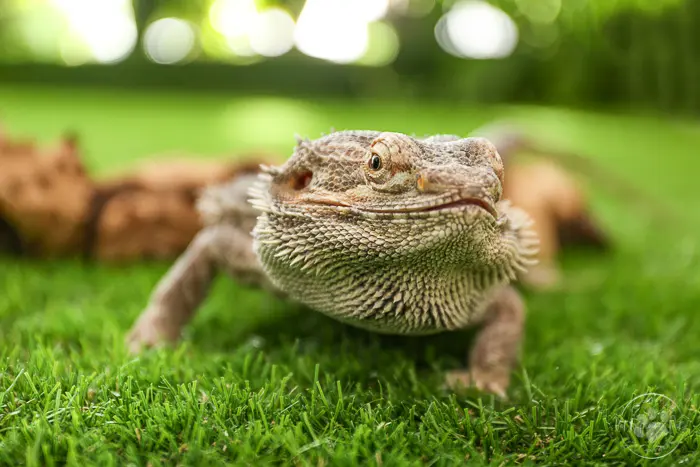
What Should You Do If Your Beardie's Feces is Abnormal?
Bearded dragon poop can cause a big stink! It can also tell you so much about the insides and health of your pet.
If you notice your bearded dragon's having diarrhea, contact your veterinarian immediately to discuss your concern.
Sometimes a change in stool can mean a minor change needs to occur to correct the problem.
Sometimes, changes in poop can mean something more serious – so take changes in your pet's stool samples very seriously!

![[Vet Explains Pets]](https://vetexplainspets.com/wp-content/uploads/2024/09/cropped-vetlogo-199x66.png)

